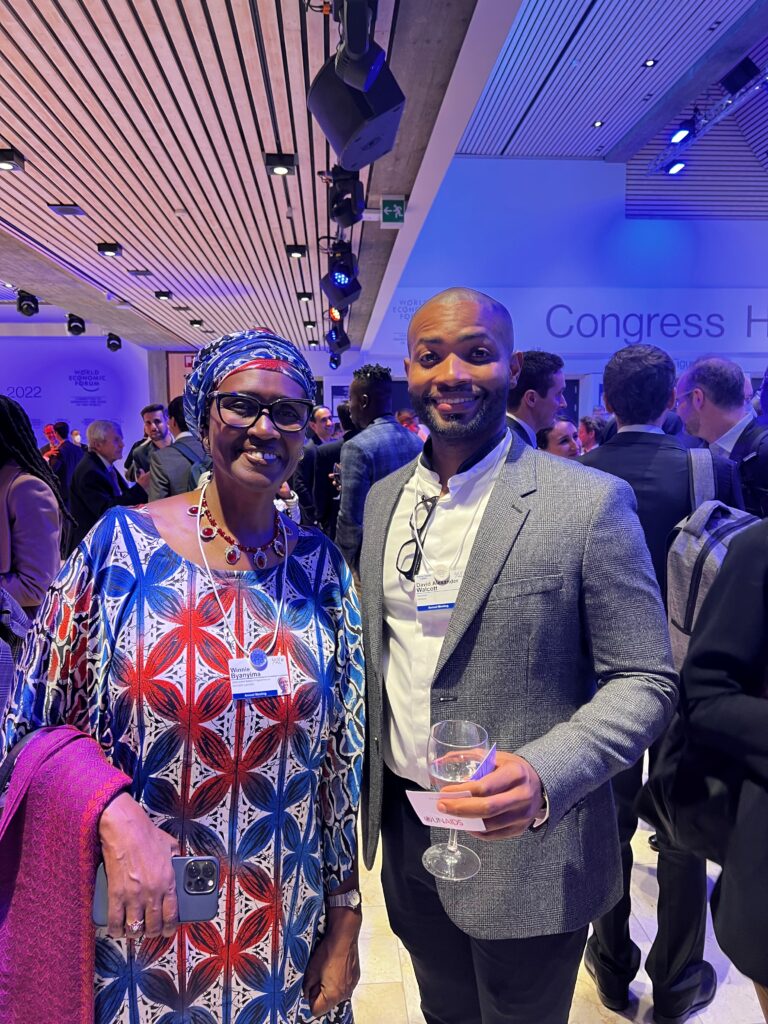

In a pivotal move to address the critical $1 trillion women’s health gap, Dr David Walcott led a compelling discussion at the McKinsey Health Institute Conference on March 7.
Walcott’s participation in the webinar last Friday, coincided with International Women’s Day, magnifying the importance of his mission to improve health outcomes for women worldwide.
“This conference was not merely a speaking engagement but a clarion call for action. It underscored the urgency of addressing the women’s health gap and the potential for technology and innovation to create more equitable, efficient, and effective healthcare systems worldwide,” said Walcott.

The McKinsey conference, renowned for gathering thought leaders and innovators across various sectors, offered a unique platform for Walcott to share insights from the McKinsey Health Institute’s recent report on closing the women’s health gap.
This report, which has garnered significant attention for its comprehensive analysis and actionable recommendations, serves as a foundation for Walcott’s advocacy for women’s health.
Joining forces with panellists including Jennifer Schneiders, Juan Camilo Arjona Ferreira, Nigina Muntean, and Sahil Tesfu, Walcott delved into the complexities of women’s health issues. Their discussion shed light on the multifaceted challenges women face and outlined strategic interventions to enhance healthcare accessibility and quality for 3.9 billion women globally.
The session symbolised a critical step forward in the collective effort to champion women’s health. Walcott’s leadership in this area was a testament to his expertise and dedication to leveraging technology and innovation to bridge healthcare disparities.

This conference is another milestone in Walcott’s career and his ongoing contributions to healthcare innovation and equity, particularly in emerging markets.
Walcott added, “Investing in women’s health is not just a moral imperative; it’s a strategic decision that yields significant economic benefits. Addressing the women’s health gap offers a $1 trillion opportunity to not only improve the lives and well-being of women globally but to enhance economic productivity and growth. By focusing on targeted interventions and inclusive healthcare policies, we can unlock immense potential and drive progress across societies. It’s time to prioritize and accelerate our efforts in closing the women’s health gap, acknowledging that when we invest in women, we invest in the future of our global community.”







Comments